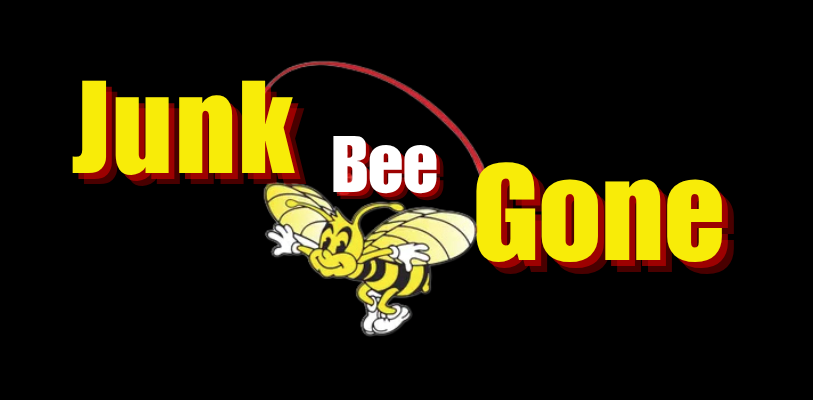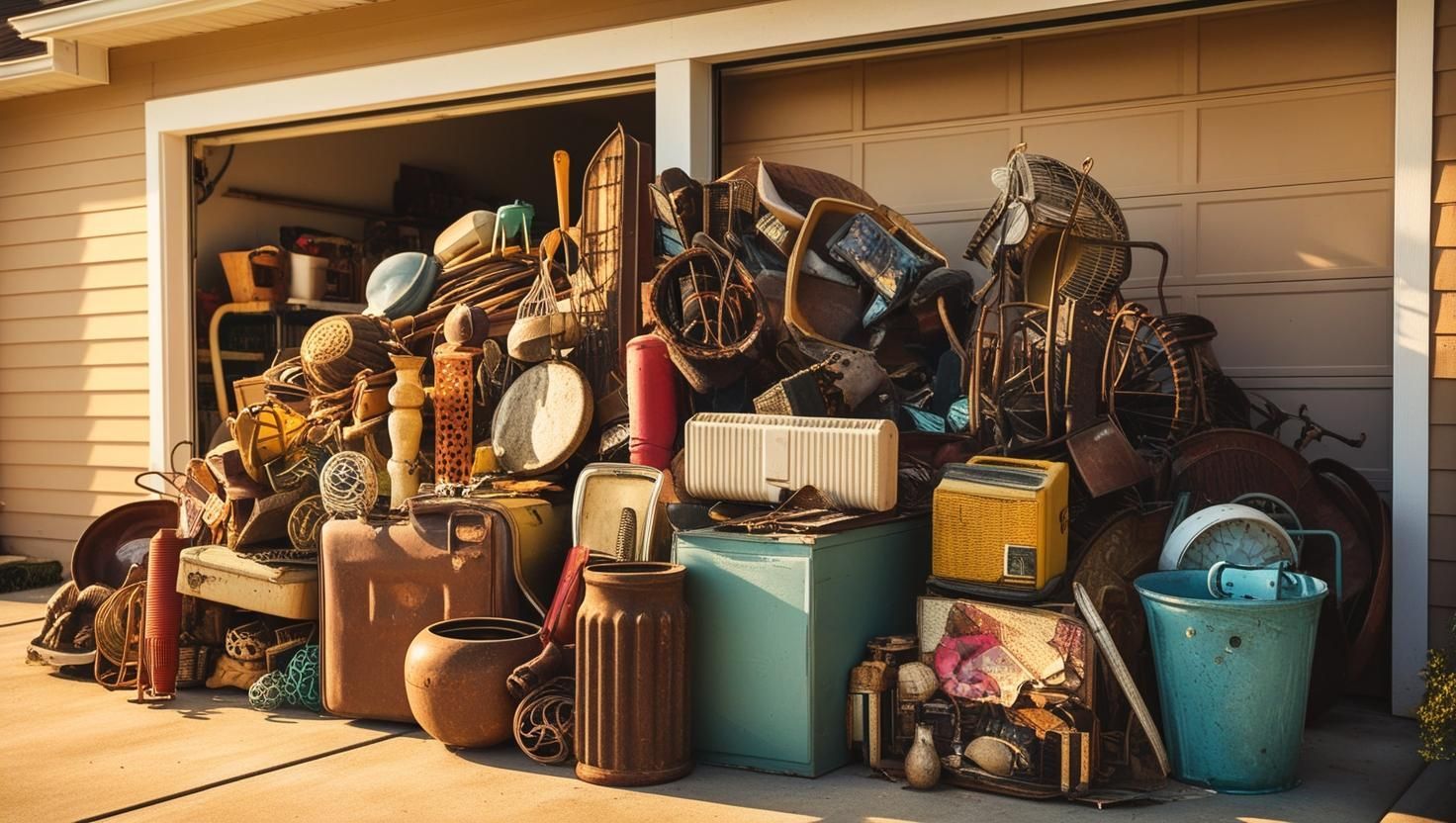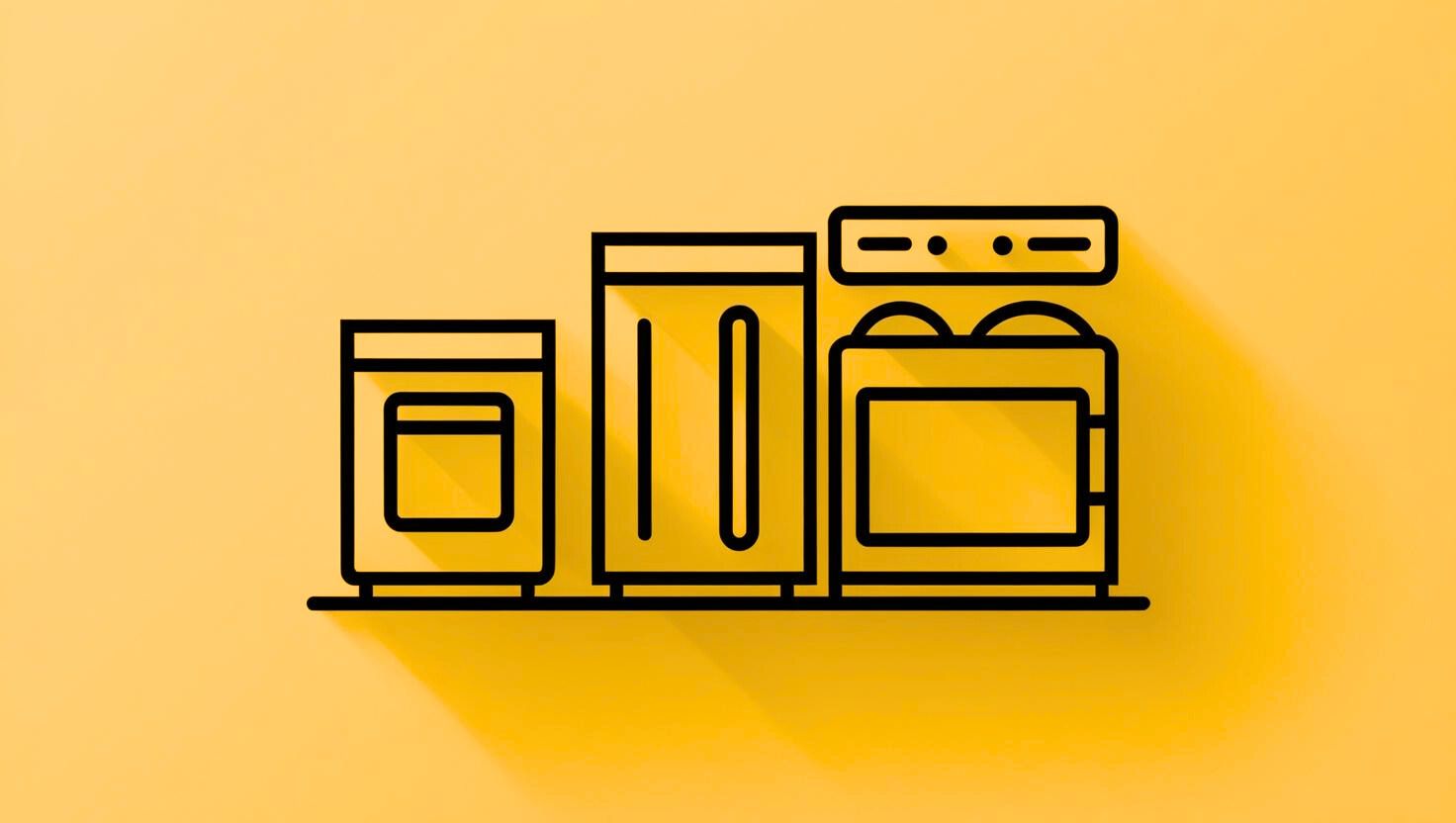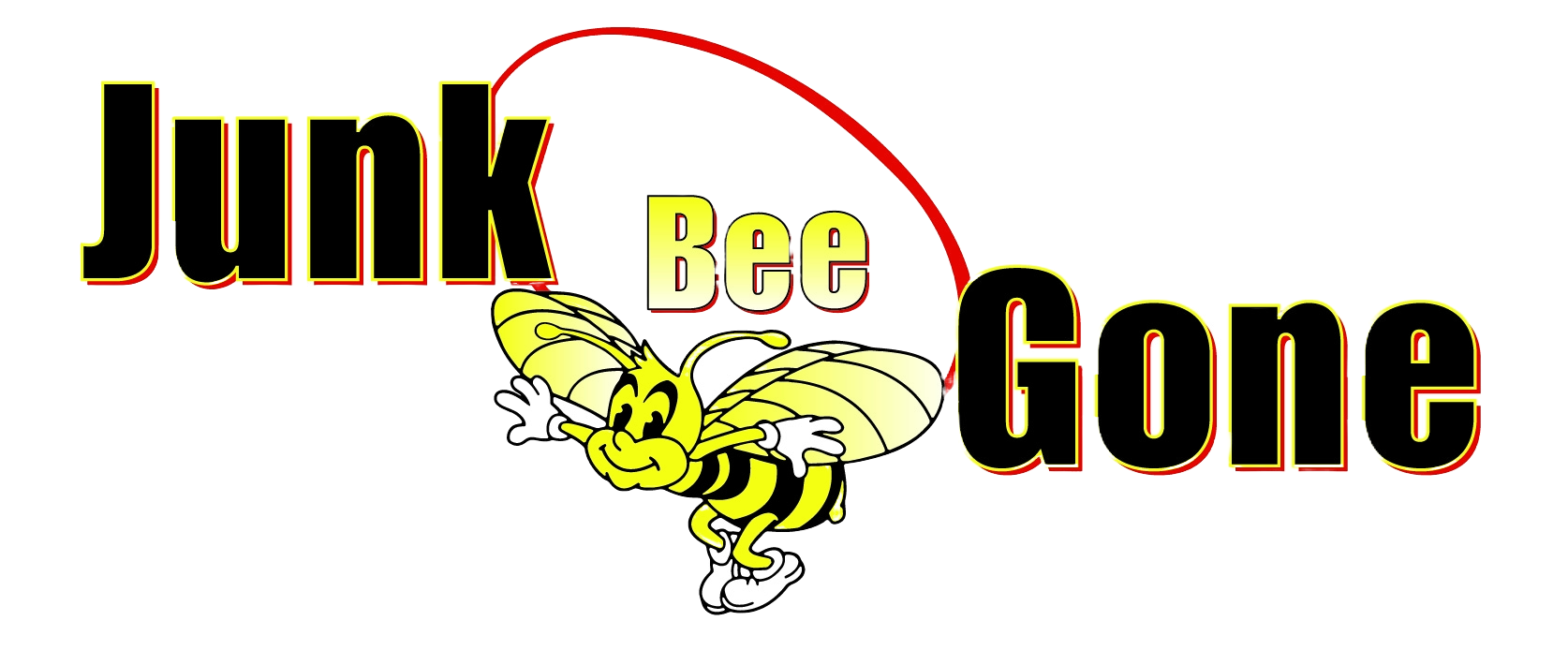What Can Go in a Dumpster?
Our dumpsters make trash disposal a breeze, but not everything gets a free pass. If you’re wondering whether something belongs in your roll-off, check out the list below or contact us
Your dumpster can handle furniture, construction debris, and most household junk—but if it glows, explodes, or smells like trouble, think again!
When in doubt, give us a shout at 651-485-4484 —we’ll help you sort the toss-able from the no-goes.
Accepted materials
Got stuff to toss? We’ve got you covered! If it’s cluttering your space and doesn’t require special handling, it’s probably fair game for our dumpsters. From household junk to construction debris, we accept a wide range of materials. Just keep the hazardous stuff and oversized items out, and we’ll handle the rest. Toss it all in—your space will thank you! Below, you’ll find a list of examples to guide you, but if you’re ever unsure, feel free to contact us!
Clothing and Textiles
- Old clothing (shirts, pants, dresses, jackets, etc.)
- Worn-out shoes (sneakers, boots, sandals, etc.)
- Towels (bath, hand, washcloths)
- Bedding (sheets, blankets, comforters)
- Pillows (regular and decorative)
- Curtains and drapes
- Rugs (worn-out or old area rugs, doormats)
- Tote bags and fabric purses
- Hats (worn or damaged)
- Socks and underwear (when heavily worn or damaged)
- Fabric scrap material (from sewing projects)
Kitchen Items
- Plates
- Bowls
- Cups and mugs
- Glassware
- Utensils (forks, spoons, knives)
- Cooking pots and pans (non-stick and other types)
- Bakeware (cookie sheets, cake pans)
- Cutting boards
- Plastic containers
- Tupperware
- Dish racks
- Dishwashing sponges
General Waste
- Old clothing and textiles (worn-out clothes, shoes, towels, blankets, curtains)
- Toys (plastic toys, stuffed animals, etc.)
- Books and magazines
- Cardboard boxes (flattened)
- Plastic containers (Tupperware, storage bins)
- Kitchenware (plates, bowls, utensils, bakeware)
- Unused or broken exercise equipment (weights, machines, etc.)
- Hoses (garden hoses that are worn out or no longer needed)
- Window blinds (old, broken, or unwanted)
- Old hardware (screws, nails, bolts that are no longer needed)
- Lawn and garden tools (if broken or no longer needed)
- Home décor items (picture frames, vases, knick-knacks)
- Cleaning supplies (old brooms, mops, cleaning rags)
- Personal items (old lamps, small electronics like razors)
- Pet supplies (worn-out pet toys, beds, and carriers)
Construction Debris
Here are the standard items that are considered acceptable for construction and demolition debris dumpsters.
- Wood (lumber, plywood, treated wood)
- Drywall (not containing hazardous materials like asbestos)
- Masonry (stone, mortar, and related materials)
- Cement (unused bags or broken pieces)
- Tile (ceramic, porcelain, or broken flooring tiles)
- Roofing materials (shingles, tar paper)
- Insulation (fiberglass, foam board, etc.)
- Siding (vinyl, wood, or other materials)
- Windows (broken or removed from a renovation)
- Doors (old doors or door frames)
- Cabinets (if being replaced during remodeling)
- Fencing (wooden or vinyl fence materials)
- Flooring (hardwood, laminate, carpet, or vinyl)
- Plumbing materials (pipes, fittings, or faucets)
- Electrical materials (wires, old outlets, etc.)
- Metal scrap (aluminum, steel, copper from renovations)
- Hardware (nails, screws, bolts from construction work)
Demolition Materials:
- Concrete blocks (from demolishing walls or structures)
- Brickwork (from demolished buildings or walls)
- Roofing debris (from roof tear-offs or repairs)
- Wooden beams (from structure demolitions)
- Tile roofing (broken or leftover tiles from roof demolition)
- Flooring debris (tiles, vinyl, hardwood from demolition)
- Old cabinetry (removed from kitchens or bathrooms during renovations)
- Drywall debris (leftover pieces from wall tear-downs)
- Windows/Glass panes (if broken or being replaced)
Limited Materials
Certain materials may be permitted in a dumpster under specific conditions. However, items such as mattresses, couches, TVs, computers, appliances, and tires are classified as restricted and may incur additional disposal fees.
If you’d like to avoid these fees but still need to dispose of these items, consider checking with your city, county, or local waste collection service for alternative disposal methods. If you're curious about pricing or need more details, don’t hesitate to give us a call 651-485-4484 —we’re happy to help!
Not Accepted Materials
While we’re all about helping you clean up, there are a few materials that just can’t make the cut. Hazardous items, large appliances like refrigerators, and anything that could pose a safety risk are not accepted in our dumpsters.
Your cleanup, our responsibility! Below, you’ll find a list of examples of non-accepted materials, but if you’re ever in doubt, feel free to contact us !
- Aerosol cans
- All liquids
- Animals
- Antifreeze
- Asbestos
- Barrels
- Batteries
- Bricks
- Chemical products
- Contaminated oils (mixed with solvents, gasoline, etc.)
- Contaminated Soils & Absorbents (mixed with hazardous substances)
- Dirt
- Fluorescent tubes
- Hazardous waste
- Herbicides and pesticides
- Household Cleaners (except completely empty and do not contain residual)
- Industrial Drums
- Lubricating/hydraulic oil
- Medical waste
- Motor oil
- Oil filters
- Other flammable liquids
- Paint (except completely dried latex paint cans, no liquids)
- Petroleum-contaminated soil/lead paint chips
- Propane tanks
- Radioactive material
- Railroad ties
- Solvents
- Transmission oil
- Yard waste



